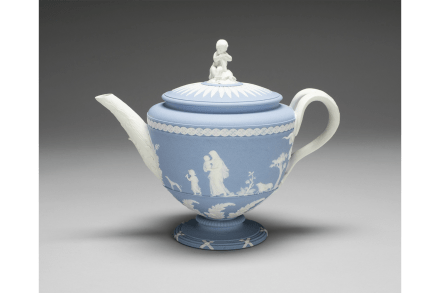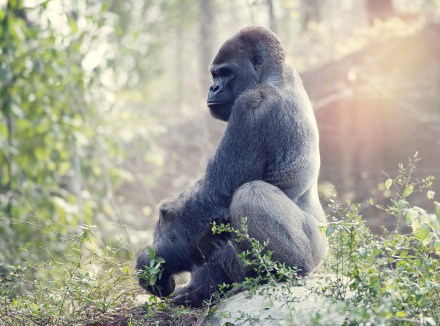Do men and women need different podcasts?
Do men and women need different podcasts? The notion goes against the unisex, every-sex, what-is-sex-anyway culture we have come to inhabit. Yet this week we find, on the BBC no less, a podcast dedicated to men’s problems and one satirising women’s problems. Some would say the pushback has begun. Geoff Norcott’s Working Men’s Club is a recorded stand-up comedy act performed to a studio audience in Leeds. Norcott describes it as a place ‘to discuss proper bloke stuff’, by which he means beer, sport and masturbation (cue laughter), but much more than that, men’s physical, mental and emotional health (initial silence). He jibes at the male habit of squashing feelings





















